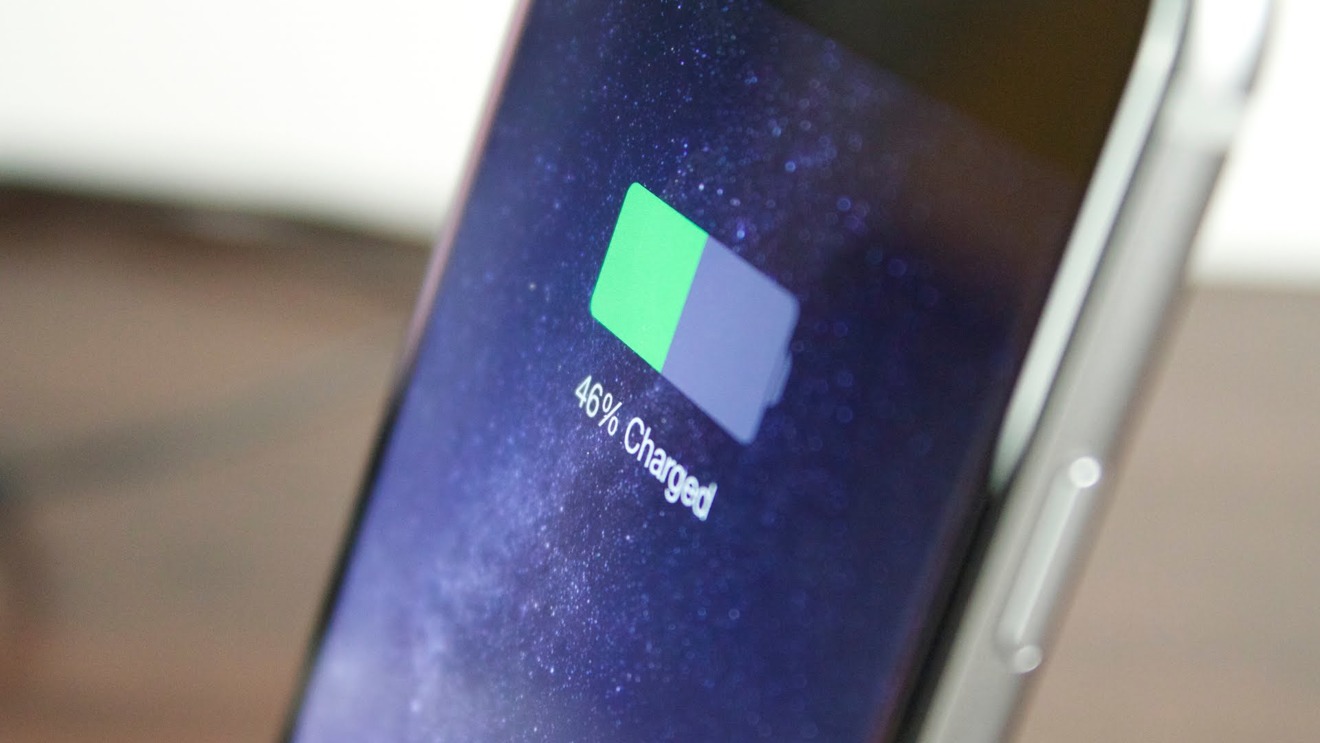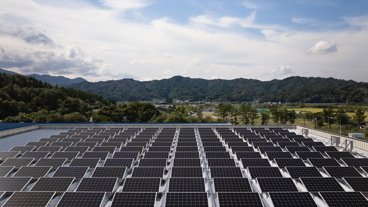Elaborating on an unfolding issue with iPhone 6s shutdowns, Apple on Friday linked the problem to gaffes during the manufacturing process.
"We found that a small number of iPhone 6s devices made in September and October 2015 contained a battery component that was exposed to controlled ambient air longer than it should have been before being assembled into battery packs," Apple wrote on its Chinese website. "As a result, these batteries degrade faster than a normal battery and cause unexpected shutdowns to occur."
The company insisted "this is not a safety issue," presumably concerned that people could draw comparisons with the Samsung Galaxy Note 7, which was taken off the market because of battery fires and explosions.
iPhones are designed to shut down automatically under some conditions to protect electronics from low voltage, Apple added.
Apple recently began a battery swap program, allowing owners of affected iPhone 6s units to get their device fixed for free, or a refund if they previously paid out-of-pocket. On Thursday, the company introduced a Web tool for checking for a qualifying serial number.
 Roger Fingas
Roger Fingas


 Wesley Hilliard
Wesley Hilliard
 Andrew O'Hara
Andrew O'Hara
 Malcolm Owen
Malcolm Owen
 Marko Zivkovic
Marko Zivkovic

 Chip Loder
Chip Loder
 Christine McKee
Christine McKee
 William Gallagher
William Gallagher


-m.jpg)





32 Comments
Well at least Apple can figure out their issue. Samsung on the other hand...well they have no clue what happened, or why it happened.
It's not blame but science behind it. Have you seen clean room control policy and restrictions ? If you screw-up exposing those facilities than expect some short of issues in products. Whether you manufacture chips or TV in China/Taiwan, strict policy must be adopted/enforced for clean room facility.
"... a battery component that was exposed to controlled ambient air longer than it should have been before being assembled into battery packs."
Excess exposure to air. This not only demonstrates the complexity of working with the latest technologies, but also explains why copy-cat smartphones by companies that scrimp on engineering are often less reliable, less capable and possibly unsafe.